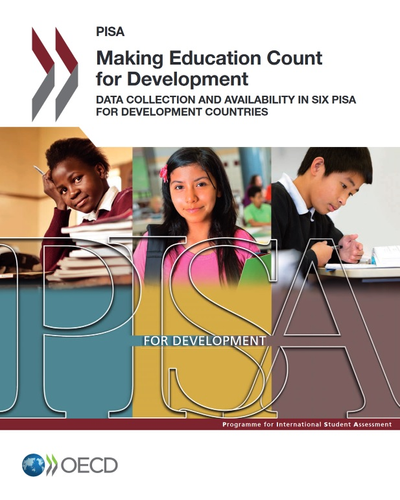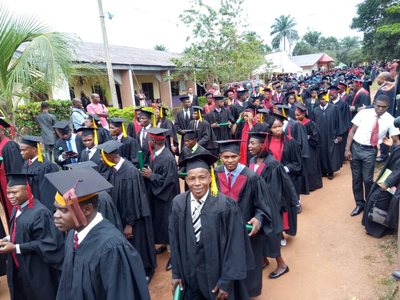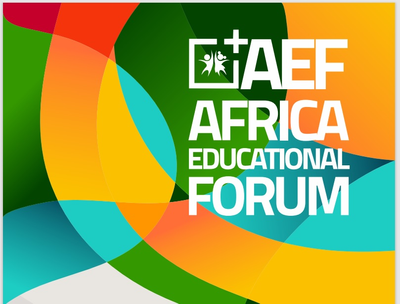Quality education in mother languages vital to success of 2030 Agenda – UN
Mother languages are essential to providing quality education, which in turn supports the achievement of the new global development agenda, the head of the United Nations Educational, Scientific and Cultural Organization (UNESCO) said on the International Day established to promote the preservation and protection of all languages used by peoples of the world.
Marking International Mother Language Day, UNESCO Director-General Irina Bokova emphasized that “mother languages in a multilingual approach are essential components of quality education, which is itself the foundation for empowering women and men and their societies.”
She underscored the need to recognize and nurture this power, in order to “leave no one behind” and “craft a more just and sustainable future for all.”
This year’s theme of the Mother Language Day is “quality education, language(s) of instruction and learning outcomes,” she said.
Goal 4 of the 2030 Agenda for Sustainable Development focuses on quality education and lifelong learning for all, to enable every woman and man to acquire skills, knowledge, and values to become everything they wish and participate fully in their societies, she said, noting that this is especially important for girls and women, as well as minorities, indigenous peoples, and rural populations.
UNESCO’s Education 2030 Framework for Action, a road-map to implement the 2030 Agenda, encourages full respect for the use of mother language in teaching and learning, and the promotion and preservation of linguistic diversity, noted Ms. Bokova.
“Multilingualism is essential to drive these objectives forward – it is vital for success across the 2030 Agenda, regarding growth, employment and health, as well as sustainable consumption and production, and climate change,” she said.
UNESCO brings the same focus to advancing linguistic diversity on the Internet, through support to relevant local content as well as media and information literacy, explained Ms. Bokova. Through the Local and Indigenous Knowledge Systems (LINKS) programme, UNESCO is highlighting the importance of mother and local languages as channels for safeguarding and sharing indigenous cultures and knowledge, which are vast reservoirs of wisdom.
International Mother Language Day was proclaimed by the UNESCO General Conference in November 1999, and has been observed every year since February 2000 to promote linguistic and cultural diversity and multilingualism. The date represents the day in 1952 when students demonstrating for recognition of their language, Bangla, as one of the two national languages of the then Pakistan, were shot and killed by police in Dhaka, the capital of what is now Bangladesh.
Quality education in mother languages vital to 2030 Agenda United Nations News Centre




